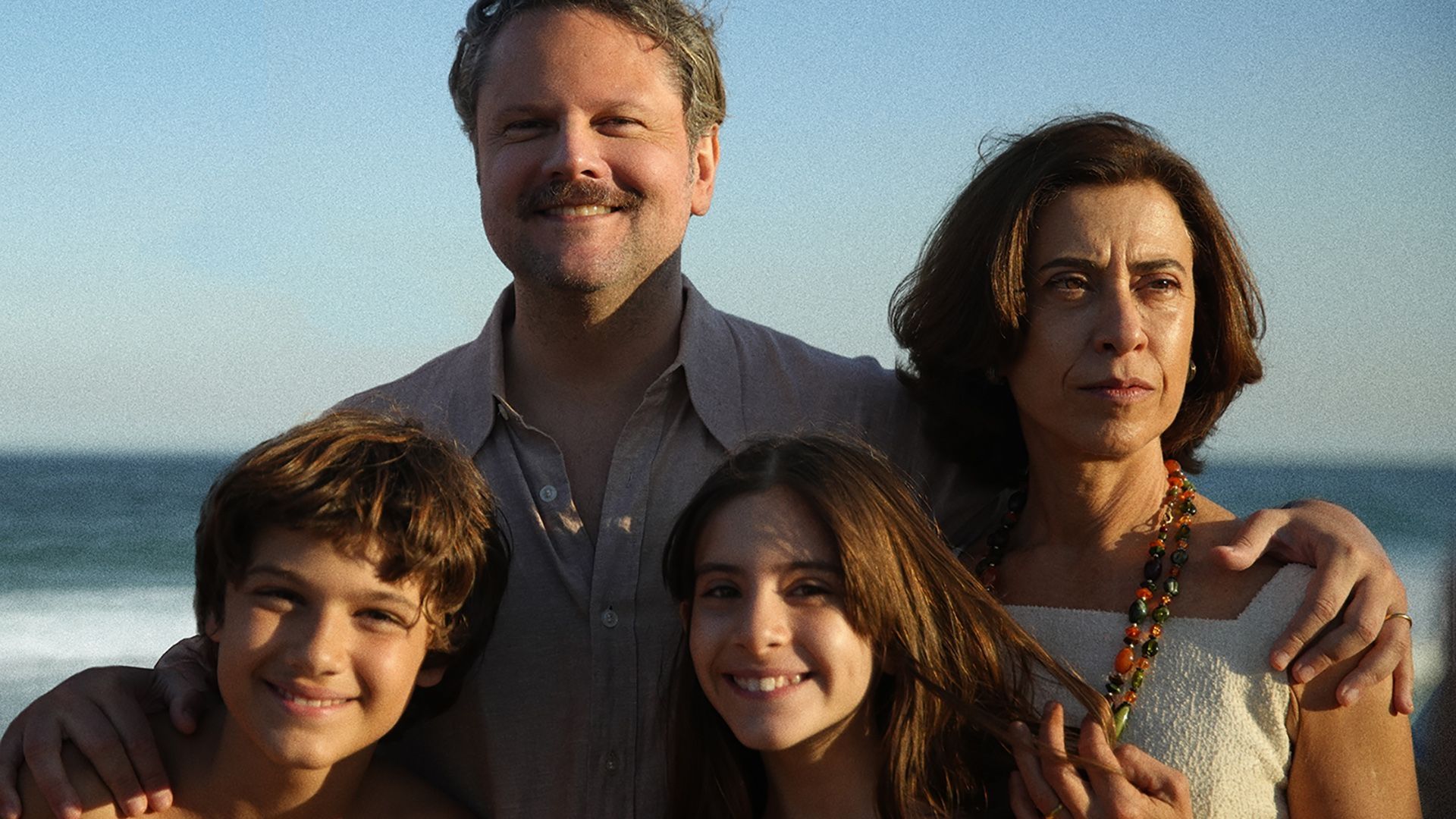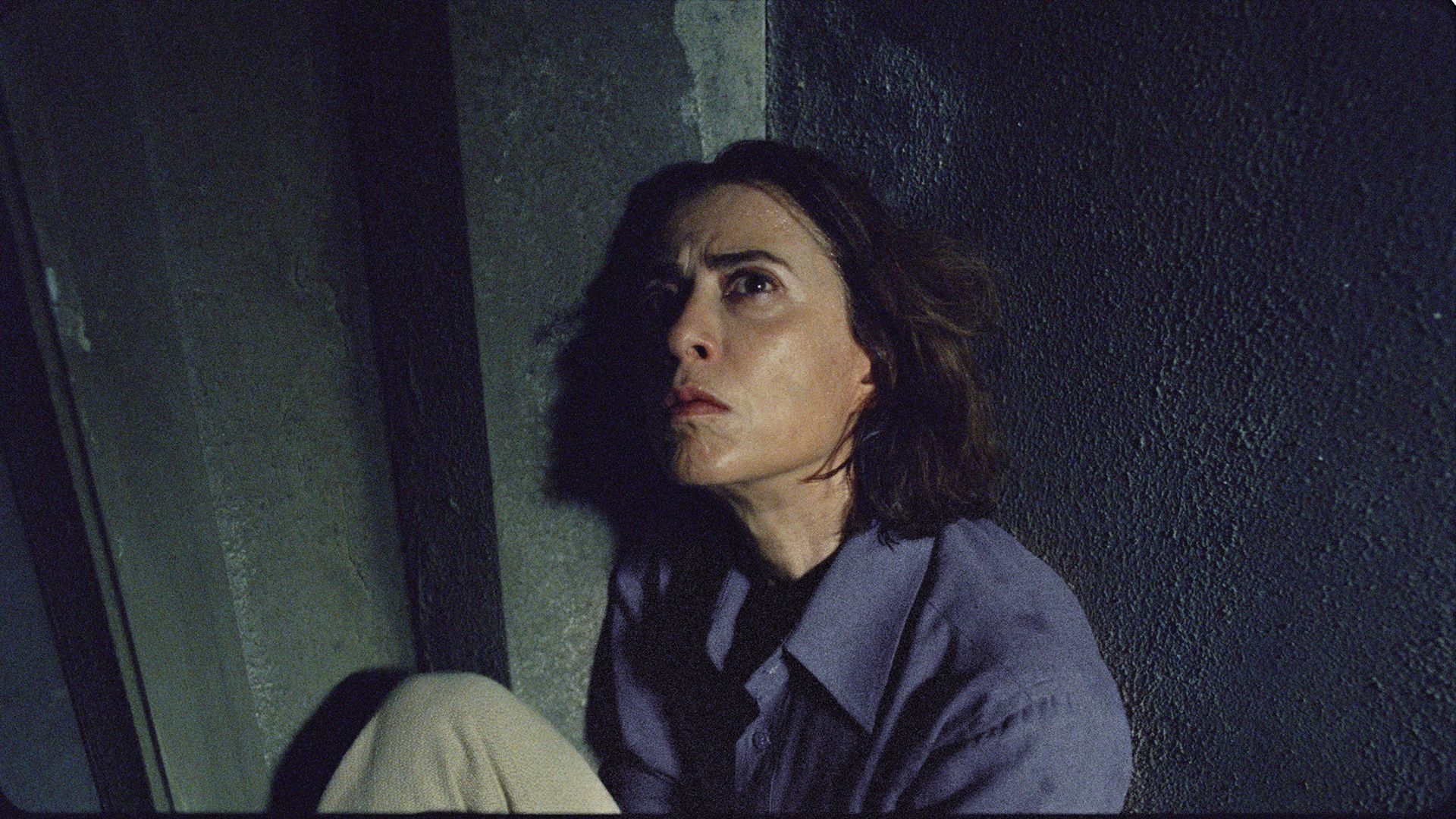Olen veel siin
Fernanda Torres is a standout as a real-life matriarch in military-ruled Brazil of the 1970s.
Rio de Janeiro, 1970. The Paiva family lives in a rented house near the beach which is always full of friends. They are comfortable rather than rich, but they enjoy a different kind of wealth: an intellectual freedom and curiosity that feels increasingly precious as the Brazilian military dictatorship flexes its muscle on the streets outside. One day, men with guns come to take the father, Rubens (Selton Mello), in for questioning. In his absence, his wife Eunice (Fernanda Torres) must find a way to protect her five children and reinvent herself. Walter Salles’ superb factually-based film – he was a real-life friend of the Paiva family as a teenager – is an engrossing, affecting tribute to a formidable woman and her family.
Wendy Ide, Screen International

Walter Salles (1956) is a Brazilian film director. Born in Rio de Janeiro, he studied film in California. His first notable film was “Foreign Land” (1995) which was selected by over 40 film festivals worldwide. His 1998 film “Central Station” received two Oscar nominations, won a Golden Globe for Best Foreign Language Film and a Golden Bear at Berlinale. Probably his biggest international success has been the Spanish-language film “The Motorcycle Diaries” (2004), about the life of young Che Guevara which became a box-office hit in Latin America and Europe. The film received 2 Oscar nominations and won one BAFTA. The 2008 film “Linha de Passe”, co-written and co-directed with Daniela Thomas, won the Palme d’Or for Best Actress for Sandra Corveloni at the Cannes Film Festival.
A Grande Arte (1991), Central do Brasil (1998), Abril Despedaçado (Behind the Sun, 2001, co-dir), Diarios de motocicleta (Mootorrattapäevikud, 2004), Linha de Passe (2008, co-dir), On the Road (Teel, 2012), Jia Zhang-ke, um Homem de Fenyang (2014, doc), Ainda Estou Aqui (I'm Still Here, 2024)


